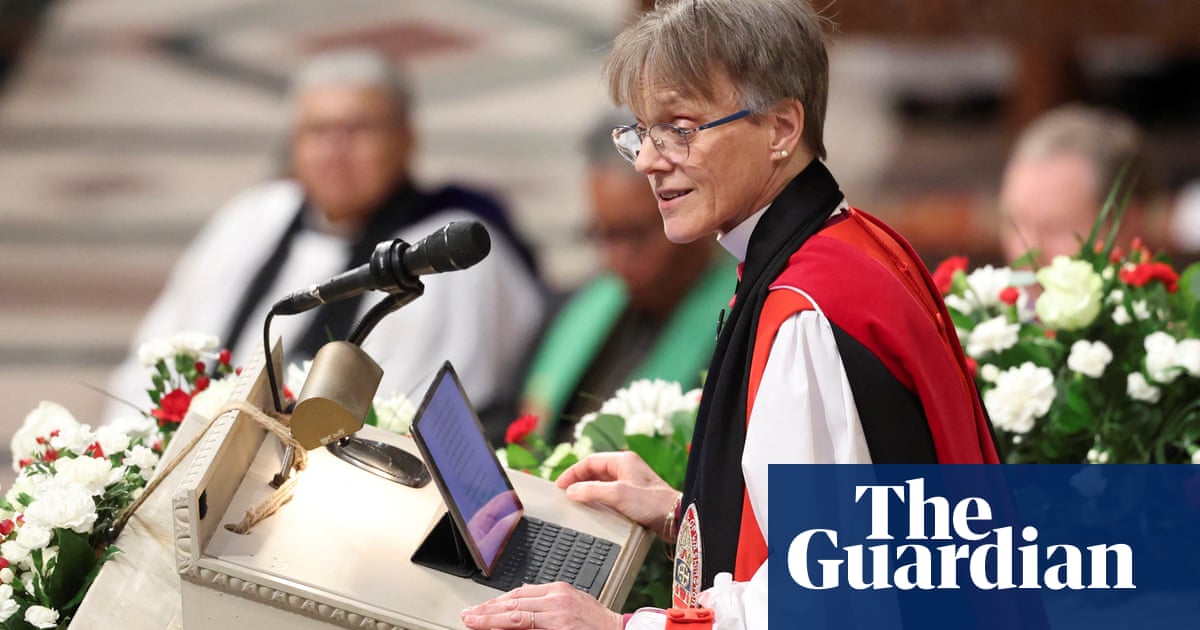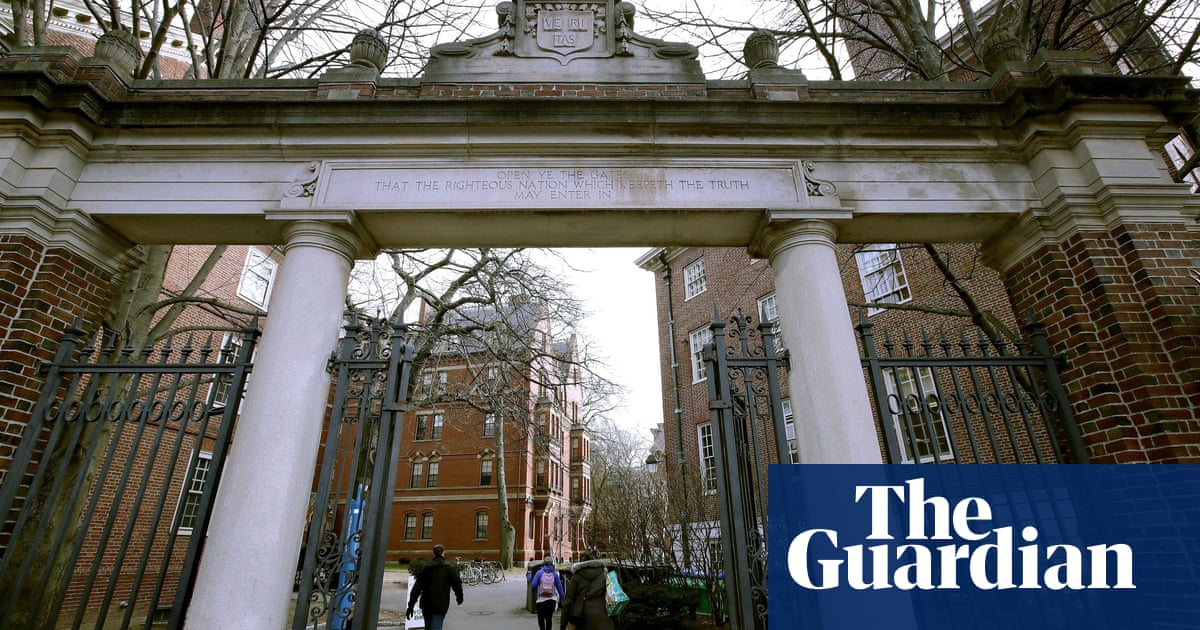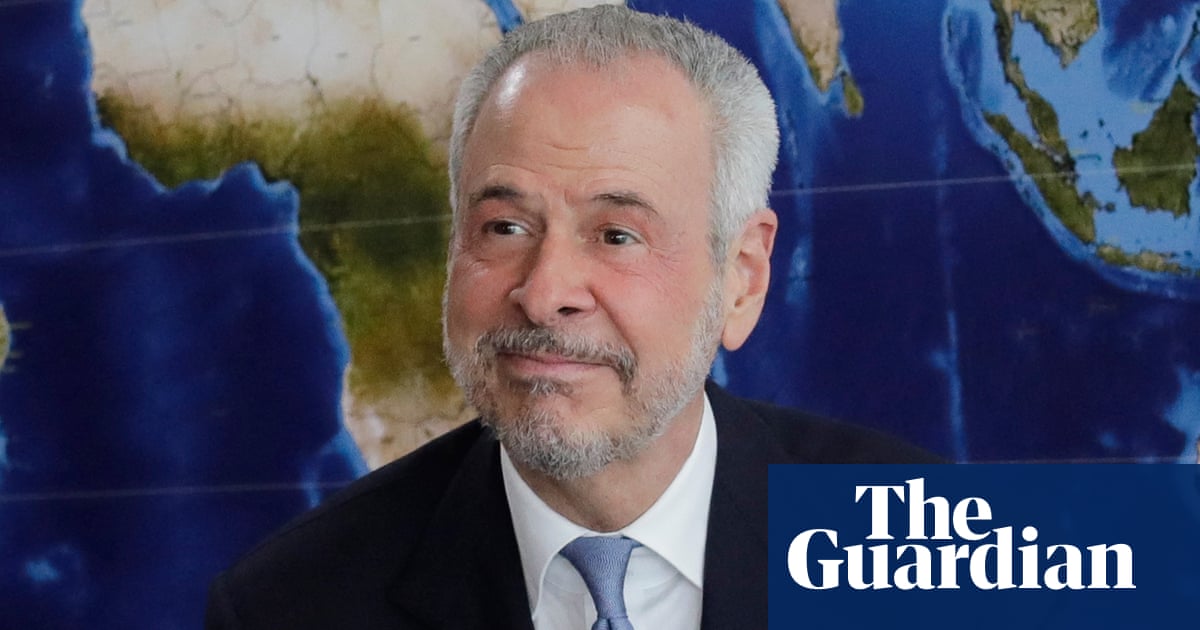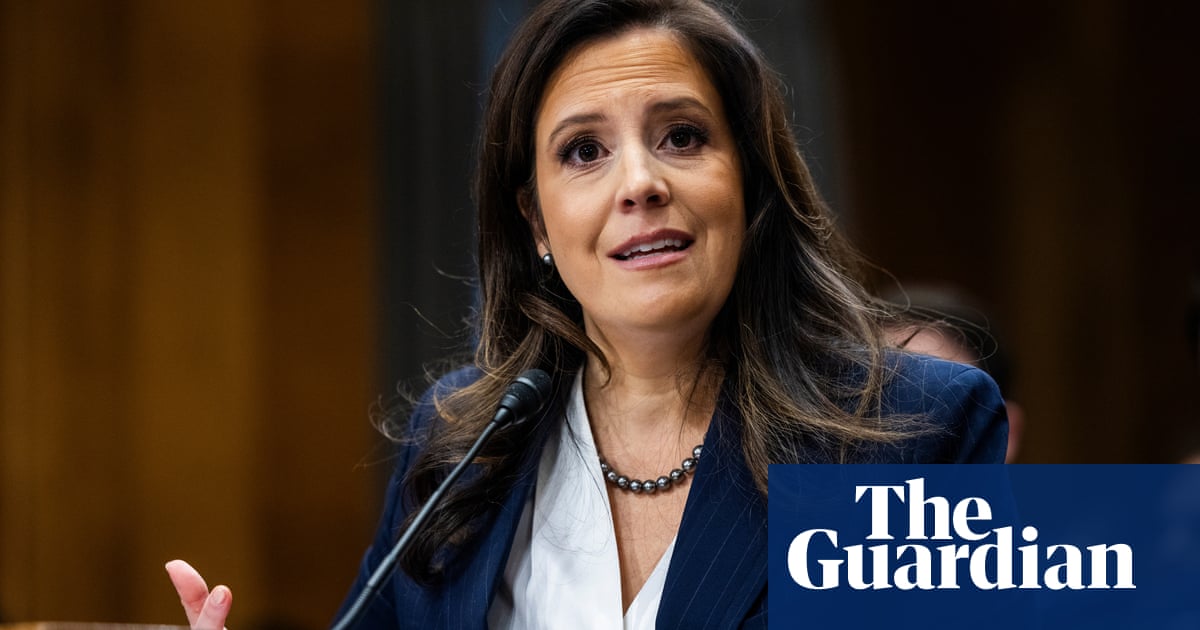Less than a week after the deposed Syrian president Bashar al-Assad fled to Moscow, Turkish officials raised their flag over the embassy in Damascus. While many of the shutters on the palatial villa remained closed, the red and white crescent flew over the embassy rooftop for the first time in 12 years.
It was a moment preceded days before by the arrival in the Syrian capital of Turkey’s spy chief, Ibrahim Kalin. In this immediate aftermath of the end of the Assad regime, Kalin rode in a black sedan driven by the leader of Hayat Tahrir al-Sham (HTS), Ahmed al-Sharaa, who wore civilian dress as he chauffeured Kalin through the crowded streets. The spy chief prayed beneath the hallowed archways of the Umayyad mosque, before emerging to stunned crowds gathered to see the first foreign dignitary to visit the new Syrian leadership.
Dareen Khalifa of the non-profit International Crisis Group describes Kalin’s visit to the Syrian capital as “a victory lap,” with Ankara emerging as a major beneficiary from the new government in Damascus. The toppling of Assad has vindicated Recep Tayyip Erdoğan’s approach on Syria at home in Turkey, granted Ankara new opportunities in a power struggle across Kurdish areas in the north-east and afforded it fresh influence as Syria rebuilds.
“Relations between HTS and Turkey shouldn’t be overestimated, it’s not a proxy relationship, but Turkey was smart to wait until things were settled and then go in full force with Kalin’s visit and other senior people as well,” says Khalifa.
Ankara had for months stalled HTS and delayed the launch of the group’s offensive, analysts said, and instead attempted to use a meeting with Russian and Iranian officials in early November in the hope of finally bringing Assad to the negotiating table. Erdoğan has said that Assad rebuffed his offer to “discuss the future of Syria together”, unknowingly missing his last chance to prevent the sweeping military offensive that ended his family’s brutal 53-year rule.
Not only did Assad refuse, but his forces continued to strike the lone rebel-held pocket of Idlib controlled by HTS, fuelling the group’s desire to launch their offensive. Turkey appealed to Assad’s Russian allies, Khalifa believes, asking Moscow to speak to the Syrian leader and stop the strikes, with little result. By the time Sharaa, who was formerly known by his nom de guerre, Abu Mohammed al-Jolani, approached Ankara later in November, notifying them that his forces were ready to launch an offensive, they relented because of Moscow’s inability to stop Assad.
“Ultimately Turkey said OK, teach them a lesson, but Ankara didn’t realise that HTS would seize Aleppo, let alone the entire country,” Khalifa says. “No one thought it would become something this big. Ankara knew what kind of manoeuvre that HTS might pull, that they would give the impression they were going in one direction, east, when actually they wanted to go south. But it wasn’t more than that.”
By the time the insurgents had massed around the outskirts of Homs, pushing south on the highway leading to Damascus two days before Assad fled, Erdoğan publicly threw his support behind what he called “this march of opposition”. Turkey was monitoring the insurgency intently through its network of intelligence channels as well as public reports, he said, speaking outside a mosque in Istanbul, adding: “May this march in Syria continue without any accidents and troubles.”
Gönül Tol of the Middle East Institute thinktank says the triumph of the insurgency still surprised Turkey, resulting in what she terms “a catastrophic success” from Ankara’s perspective. “This really surprised Ankara, and of course now they are banking on it – it opens up opportunities particularly for Turkish foreign policy and for Erdoğan domestically, but obviously there are also risks,” she says.
The Turkish president has long attempted a domestic balancing act on the issue of Syrian refugees, mediating between a carefully crafted public image as a leader of the Islamic world who welcomed displaced Muslims and the desires of his nationalist coalition partners to expel many of the 3.2 million Syrians in Turkey.
Assad’s fall, says Tol, has allowed Erdoğan a way to bolster his brand as the leader who did the most to protect Syrians while thousands leave, placating his nationalist backers. Turkish officials wasted no time: the foreign minister, Hakan Fidan, said the day after Assad’s ousting that Syrians would return home, and an estimated 7,600 people had crossed the border by the end of last week.
Fidan’s pledge that Turkish companies would help to rebuild Syria caused shares in construction and cement companies to rise the day after Assad was toppled, despite their damaged reputation owing to widespread destruction after the deadly earthquakes that struck southern Turkey and northern Syria early last year.
While Ankara recently began a tentative outreach to Kurdish militant groups it has long regarded as terrorist organisations, Tol pointed to the sudden shifts inside Syria that have led to a pivot. Turkish-backed rebel groups are now routing US-backed Kurdish forces from towns across northern Syria, rapidly extending their zone of control.
“While all eyes are on Damascus it’s a free-for-all in the north-east, and Ankara is getting everything it wants,” says Khalifa. “The town of Manbij fell to Turkish-backed forces without making headlines, so they’re pushing in the north-east and getting away with it in ways that would never have happened before.”
Speaking during a conference on Syria in Jordan over the weekend, Fidan made Ankara’s strategy plain. “We support the legitimate representatives of Syrian Kurds in their efforts to advocate for their rights in Damascus,” he said, indicating that Turkey would only accept Kurdish representation in the Syrian capital, but not elsewhere.
Turkish officials showing up in Damascus, says Tol, will be using their newfound leverage over Syria’s new rulers to ensure that no autonomous Kurdish administration takes hold in the north-east.
“Post-Assad Syria grants Turkey a lot of leverage and HTS can use all the help it can get,” she says. The group is seeking to avoid isolation and will use Turkey’s input to ensure they eventually gain recognition from the international community, she adds. But in the interim, Turkey remains their gateway to the outside world.
“Turkey will play an important role, helping HTS reconstruct and rebuild, plus Syria needs investment. Turkey will play an important role every step of the way.”

 1 month ago
25
1 month ago
25













































